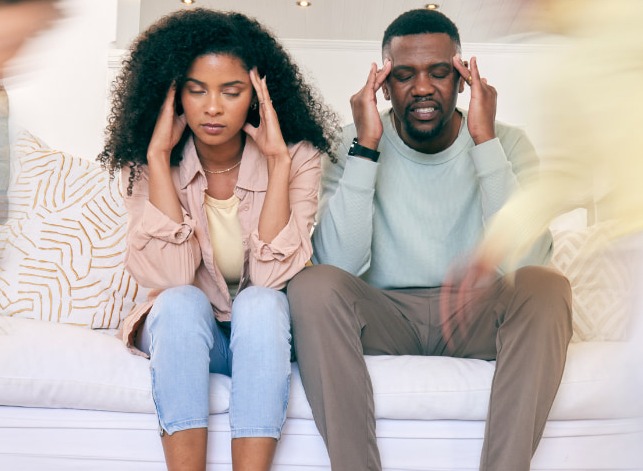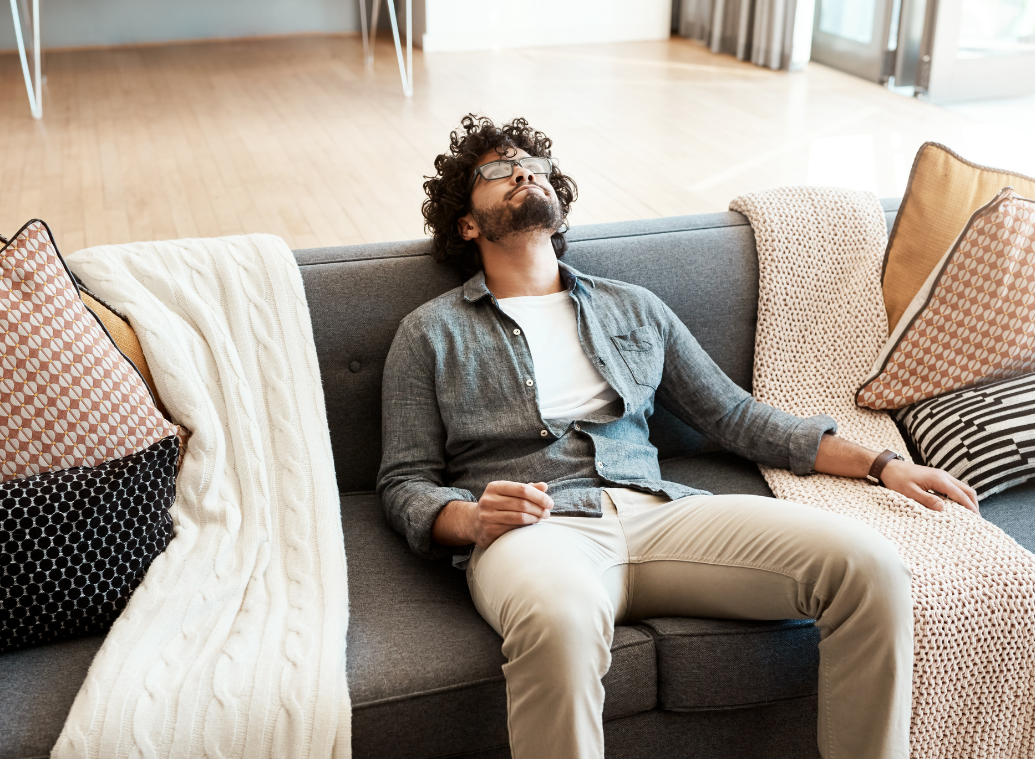- Home
- Share
- Forum
- General forums
- Research and useful tips - Ankylosing spondylitis
- 5 Tips for sleeping well with Ankylosing spondylitis
5 Tips for sleeping well with Ankylosing spondylitis
- 55 views
- 0 support
- 3 comments
All comments
![]()
GloriaG
Good advisor
![]()
GloriaG
Last activity on 28/02/2023 at 00:50
Joined in 2018
107 comments posted | 47 in the Research and useful tips - Ankylosing spondylitis group
4 of their responses were helpful to members
Rewards
-
Good Advisor
-
Contributor
-
Messenger
-
Committed
-
Explorer
-
Friend
Hello, I have found that sleeping with a very soft folded towel is really good for my neck. I can't sleep with pillows at all except to rest my painful arms on. I do have a long 'leg pillow' but it's just for one leg as I cannot put my right knee down on the surface of the bed, too painful.. I wake up at 2 a.m. usually every night in pain so I get up and try to walk a little get myself a cup of tea and take a tramadol capsule to ease the pain.Sometimes I have Tramadol injections.I have to go to the toilet at least five times a night, I wish that would stop as it is so annoying having to try to get up and walk even though I have an en suite. Often I will sleep all morning as I get so tired, or if I'm up and doing things early I will sleep in the afternoon. I'm 72 and have been diagnosed for 6 years but have had AS for about 30 years following an accident. I have 10 vertebrae affected and the ones in my neck ( 4) are causing the most problems as there is spinal cord stenosis. My brain is not too good also, I am forgetful and dyslexic. Advice please.
![]()
Omcneill13
![]()
Omcneill13
Last activity on 15/09/2018 at 14:11
Joined in 2018
8 comments posted | 7 in the Research and useful tips - Ankylosing spondylitis group
Rewards
-
Contributor
-
Explorer
I take humira for my AS and I started to research it after a year of me being on it as I found that I had quite severe insomnia.
I realised that if you take your biological drug before you go to sleep then it can cause you to have nightmares or to have insomnia so I now take it in the morning and I’ve found it makes a huge difference.
I also have very severe hip pain and muscle wastage in my hamstrings & calves so I find that putting a very thin pillow in between your legs while lying on your side helps with the pain during the night.
These tips were very helpful as even before I got diagnosed I had to buy a new mattress as a had a slightly soft one before and I couldn’t get out of bed by myself as I was in so much pain and it didn’t give me enough support x
See the signature
Olivia x

Unregistered member
I started on Humira 15 months ago on a Monday lunchtime. At first it was brilliant, pain virtually gone.
Then after a few months I found that I was getting a 'niggling' pain starting on the second Wednesday of the fortnight, and it got progressively worse as the time for my next Humira jab was getting closer.
On that second Sunday I was climbing up the wall with pain. Then Monday had my Humira and back to virtually pain free. I went back to the Royal Hospital for Rheumatic Diseases in Bath, Somerset, and saw my consultant and she has taken me off of Humira and is getting me funding for another in the 'Biologic's' Family. When I have confirmation as to the name of this new drug I will post it on this page. She also stopped my Methotrexate for two weeks and said to have a new blood test to check liver function. All jolly interesting stuff Eh!
Catch up with you all soon??
Richard
Give your opinion
Survey
Articles to discover...
Subscribe
You wish to be notified of new comments
Your subscription has been taken into account








Margarita_k
Community managerGood advisor
Margarita_k
Community manager
Last activity on 07/10/2020 at 11:39
Joined in 2016
1,195 comments posted | 32 in the Research and useful tips - Ankylosing spondylitis group
1 of their responses was helpful to members
Rewards
Good Advisor
Contributor
Messenger
Committed
Explorer
Evaluator
Getting a good night's sleep is something you can't take for granted when you have ankylosing spondylitis (AS). Symptoms such as pain, especially in the second half of the night, can result in poor-quality rest. Then, symptoms like stiffness can make your morning routine harder to manage. In fact, an October 2012 study in the journal "Arthritis Research and Therapy" found that sleep disturbances in those with AS can be related to depression, anxiety, nighttime pain, and back pain. However, you don't have to give up on quality sleep if you put these tips to use.
1. Shrink the Size of Your Pillows
Ankylosing spondylitis patients who sleep on large pillows may awake in the morning to find their head hunched forward when they stand up, similar to the way that the pillow propped up their head while sleeping. For this reason, doctors recommend using a thin pillow at night. You may even find it more comfortable to use no pillow at all to maintain better control of your posture.
2. Stop Propping Up Your Legs
After a long day of dealing with ankylosing spondylitis, it may be tempting to place a pillow under your legs to provide some back pain relief and better sleep, but resist the temptation. Using a pillow to prop up your legs can alter your body position when you wake up, similar to the way that a large pillow behind your head can negatively affect your head and neck position.
3. Firm Up Your Mattress
As any mattress commercial on TV can tell you, the quality of your mattress can affect your sleep. A firm mattress is important to support your body's posture and ease pain; even a mattress overlay on top of your current mattress can help. Just don't rely on your mattress to correct all your nighttime woes. While it's important to have a good-quality mattress, if your nighttime pain persists, it's best to check in with your rheumatologist.
4. Plan for Enough Sleep
When you have ankylosing spondylitis, getting adequate sleep is even more important than it may be for other people. According to the Centers for Disease Control and Prevention, the standard for adults is between seven and nine hours of sleep every night. Create a better sleep habit by going to bed at the same time every night and waking up at the same time every morning. It also helps to make your bedroom a place of quiet relaxation, and keep out the TV, laptops, tablets, and other electronic gadgets.
5. Develop a Morning Routine to Ease Stiffness
If you can't sleep at night, don't fret — instead, try planning a morning routine to address ankylosing spondylitis symptoms like stiffness, back pain, and inflammation. Starting the day with stretching and movement — as well as using non-steroidal anti-inflammatory (NSAID) medications — can make your morning more pleasant. Additionally, some people may benefit from a hot shower or back exercises to alleviate morning stiffness.
Source: everydayhealth.com
_________________________
Do you suffer from poor sleep? What do you do to sleep better? What do you think of these tips?